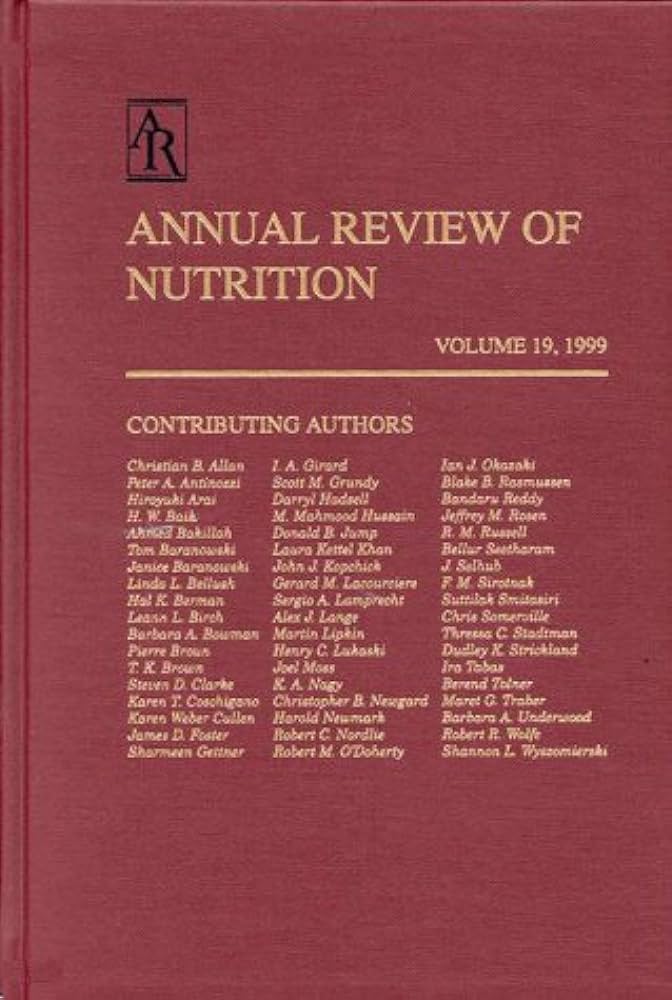Babies, Bugs, and Barriers: Dietary Modulation of Intestinal Barrier Function in Early Life.
IF 13.4
2区 医学
Q1 NUTRITION & DIETETICS
引用次数: 8
Abstract
The intestinal barrier is essential in early life to prevent infection, inflammation, and food allergies. It consists of microbiota, a mucus layer, an epithelial layer, and the immune system. Microbial metabolites, the mucus, antimicrobial peptides, and secretory immunoglobulin A (sIgA) protect the intestinal mucosa against infection. The complex interplay between these functionalities of the intestinal barrier is crucial in early life by supporting homeostasis, development of the intestinal immune system, and long-term gut health. Exclusive breastfeeding is highly recommended during the first 6 months. When breastfeeding is not possible, milk-based infant formulas are the only safe alternative. Breast milk contains many bioactive components that help to establish the intestinal microbiota and influence the development of the intestinal epithelium and the immune system. Importantly, breastfeeding lowers the risk for intestinal and respiratory tract infections. Here we review all aspects of intestinal barrier function and the nutritional components that impact its functionality in early life, such as micronutrients, bioactive milk proteins, milk lipids, and human milk oligosaccharides. These components are present in breast milk and can be added to milk-based infant formulas to support gut health and immunity. Expected final online publication date for the Annual Review of Nutrition, Volume 42 is August 2022. Please see http://www.annualreviews.org/page/journal/pubdates for revised estimates.婴儿、虫子和屏障:早期生活中肠道屏障功能的饮食调节。
在生命早期,肠道屏障对预防感染、炎症和食物过敏至关重要。它由微生物群、黏液层、上皮层和免疫系统组成。微生物代谢物、黏液、抗菌肽和分泌性免疫球蛋白A (sIgA)保护肠黏膜免受感染。肠道屏障这些功能之间复杂的相互作用在生命早期至关重要,它支持体内平衡、肠道免疫系统的发育和长期肠道健康。强烈建议在头6个月纯母乳喂养。当母乳喂养不可能时,基于牛奶的婴儿配方奶粉是唯一安全的选择。母乳含有许多生物活性成分,有助于建立肠道微生物群,影响肠上皮和免疫系统的发育。重要的是,母乳喂养可以降低肠道和呼吸道感染的风险。在这里,我们回顾了肠道屏障功能的各个方面,以及在生命早期影响其功能的营养成分,如微量营养素、生物活性乳蛋白、乳脂和人乳低聚糖。这些成分存在于母乳中,可以添加到以牛奶为基础的婴儿配方奶粉中,以支持肠道健康和免疫力。预计《营养年度评论》第42卷的最终在线出版日期为2022年8月。修订后的估计数请参阅http://www.annualreviews.org/page/journal/pubdates。
本文章由计算机程序翻译,如有差异,请以英文原文为准。
求助全文
约1分钟内获得全文
求助全文
来源期刊

Annual review of nutrition
医学-营养学
CiteScore
15.80
自引率
0.00%
发文量
19
期刊介绍:
Annual Review of Nutrition
Publication History:In publication since 1981
Scope:Covers significant developments in the field of nutrition
Topics Covered Include:
Energy metabolism;
Carbohydrates;
Lipids;
Proteins and amino acids;
Vitamins;
Minerals;
Nutrient transport and function;
Metabolic regulation;
Nutritional genomics;
Molecular and cell biology;
Clinical nutrition;
Comparative nutrition;
Nutritional anthropology;
Nutritional toxicology;
Nutritional microbiology;
Epidemiology;
Public health nutrition
 求助内容:
求助内容: 应助结果提醒方式:
应助结果提醒方式:


